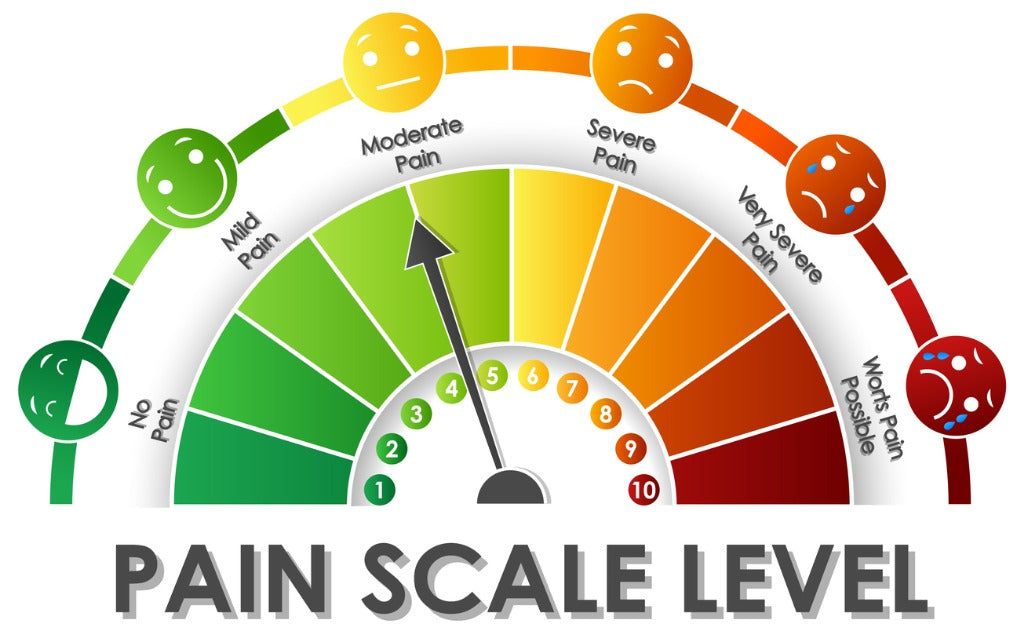Why the Aging Process Spikes at 50 and 60 Years Old
Aging is inevitable, but the way it manifests at different stages of life can feel more dramatic, especially around the ages of 50 and 60. Many people notice a sudden spike in aging during these decades, but why does it happen? And more importantly, how can we slow it down? Let’s explore the biological and lifestyle factors contributing to this perceived acceleration and examine some of the best strategies for healthy aging.
Why Aging Spikes at 50 and 60
Hormonal Shifts. One of the key factors that drives aging in your 50s and 60s is the decline in essential hormones. For women, menopause typically occurs in their 50s, causing a significant drop in estrogen and progesterone levels. These hormones help regulate a variety of bodily functions, including bone density, skin elasticity, and cardiovascular health. Similarly, men experience a gradual decline in testosterone, affecting muscle mass, energy levels, and libido. These hormonal shifts can lead to noticeable changes in the skin, bones, and metabolism.

Cellular Aging: As we age, the natural wear and tear of cellular processes become more apparent. Cells gradually lose their ability to replicate and repair as efficiently as they did when we were younger. This is partly due to the shortening of telomeres—protective caps at the ends of chromosomes that shorten with each cell division. When telomeres become too short, cells can no longer divide, leading to aging tissues and organs.

Metabolic Slowdown: After 50, many people notice that their metabolism slows down. This can lead to weight gain, muscle loss, and a decrease in overall energy levels. The body doesn’t process calories as efficiently as it used to, and maintaining muscle mass becomes more difficult. Reduced muscle mass also means that fat tends to accumulate more easily, increasing the risk of obesity-related conditions such as diabetes and heart disease.

Bone and Joint Health: Bone density peaks around the age of 30 and begins to decline in the decades that follow. By the time you reach 50 and 60, this loss accelerates, increasing the risk of osteoporosis and fractures. In addition, joint pain and stiffness become more common as cartilage—the cushioning tissue in joints—starts to wear down, leading to conditions like arthritis.

How to Slow Down the Aging Process
Exercise Regularly: Physical activity is one of the most effective ways to slow the aging process. Strength training helps preserve muscle mass and bone density, while cardiovascular exercise supports heart health and metabolism. Incorporating flexibility and balance exercises, such as yoga or tai chi, can also improve joint health and reduce the risk of falls.

Maintain a Healthy Diet: Nutrition plays a critical role in aging well. Focus on a diet rich in fruits, vegetables, lean proteins, and whole grains. Antioxidants found in colorful fruits and vegetables help fight oxidative stress, a key contributor to aging. Omega-3 fatty acids, found in fish, nuts, and seeds, support heart and brain health. Reducing processed foods and sugars can also help maintain a healthy weight and reduce inflammation.

Prioritize Sleep: Quality sleep is essential for cellular repair and overall health. Aim for 7-9 hours of uninterrupted sleep per night. Poor sleep can accelerate the aging process, leading to cognitive decline, weight gain, and increased stress levels. Establishing a relaxing bedtime routine and maintaining a regular sleep schedule can help you achieve better rest.

Manage Stress: Chronic stress accelerates aging by increasing inflammation and causing hormonal imbalances. Mindfulness practices such as meditation, deep breathing, or spending time in nature can help reduce stress and promote mental well-being.

Stay Socially Engaged: Maintaining strong social connections has been shown to have a protective effect on cognitive function and emotional health. Engaging in meaningful relationships and staying mentally active can stave off loneliness, depression, and memory decline.

Hormone Replacement Therapy (HRT): For those experiencing significant hormonal changes, HRT can offer relief from symptoms of menopause or low testosterone. However, it’s important to discuss the risks and benefits with your healthcare provider, as HRT isn’t suitable for everyone.
Conclusion
Aging may spike in your 50s and 60s due to hormonal changes, cellular aging, and slower metabolism, but it’s not something you need to accept without a fight. By adopting healthy lifestyle habits—exercise, good nutrition, quality sleep, stress management, and social engagement—you can slow the aging process and continue to enjoy a vibrant, active life well into your later years.





